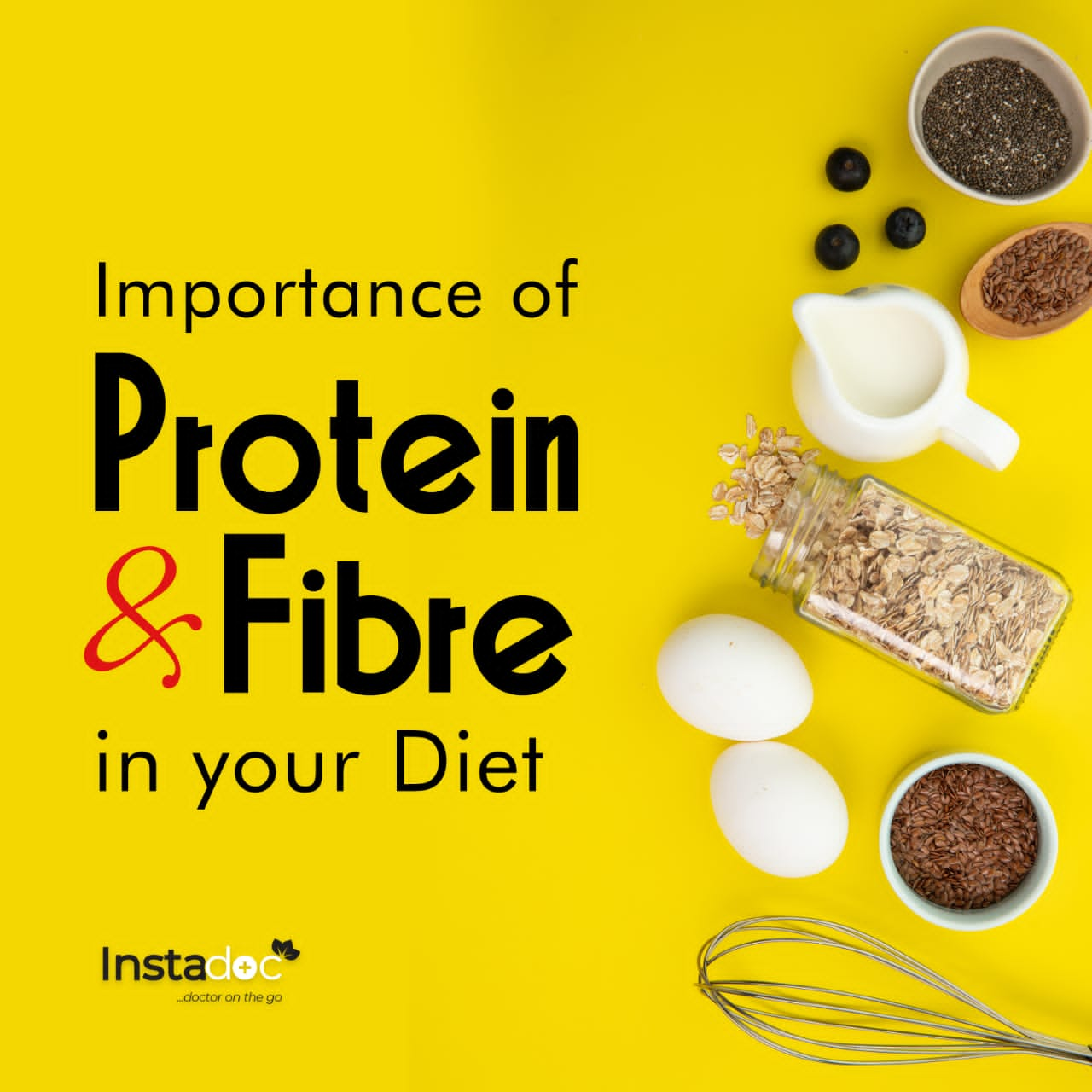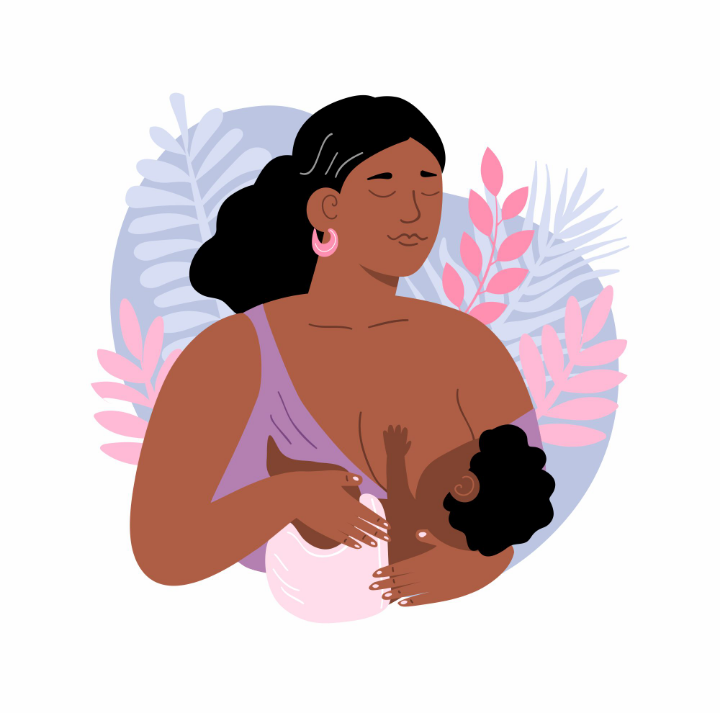NUTRITIONAL INTERVENTION FOR DIABETES
- 2 years ago
- 0 Comments
- MY HEALTH
Nutritional Intervention for Diabetes
Although there is no cure for diabetes, many people who have diabetes manage their condition effectively by making changes to their diet and lifestyle.
NOTE: This does not mean you will not be on medication
Nutrition counselling can play a significant role in helping people make food choices that are right for them.
Evidence from prospective observational studies and clinical trials have shown that individual nutrients, foods and dietary patterns are very important in the prevention and management of diabetes. The quality of dietary fats and carbohydrates consumed is more important than the quantity of these macronutrients. Diets rich in whole grains, fruits, vegetables, legumes, nuts, moderate in alcohol consumption, and lower in refined grains, red/processed meats, and sugar-sweetened beverages have demonstrated to reduce diabetes risk and improve glycaemic control and blood lipids in patients with diabetes. You don't have to eat foods outside your culture in order to get what you need. This is because most times people are presented with a certain kind of eating pattern and it becomes difficult to continue with it because it's outside one’s culture or what they are used to.
So,overall diet quality can be adapted to appropriate personal and cultural food preferences and calorie needs for weight control and diabetes prevention and management.
You don't have to eat boring foods or cut out all the foods you like just because you have diabetes. You can still eat your favourite foods but you might need to eat smaller portions or enjoy them less often.Your healthcare team can assist with creating a meal plan that meets your needs and likes. For a diabetic person, the key thing is to ensure you eat from all the food groups, in the amounts/portions that your meal plan outlines.
The food groups you can choose from (with examples) are:
▪ Vegetables
▪ Non-starchy: broccoli, greens, spinach, peppers, bitter leaf, garden egg leaf, tomatoes, carrots, ewedu, water leaves, Okazaki etc.
▪ Starchy: potatoes, and green peas, corn etc.
▪ Fruits: oranges, water melon, berries, apples, bananas, and grapes etc.
▪ Grains: at least half of your grains for the day should be whole grains. This includes wheat, rice, oats, cornmeal, barley, millet and quinoa
▪ Protein: lean meat, chicken or turkey without the skin, fish, eggs, nuts and peanuts, dried beans, meat substitutes (such as tofu also known as awara), dairy (non-fat or low fat), milk or lactose-free milk (if you are lactose intolerance), yoghurt, cheese





Comments (0)